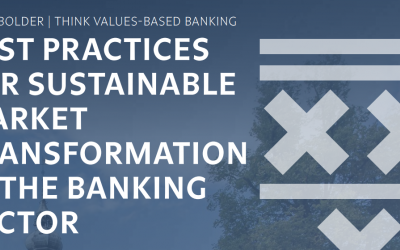Developed world should be subject to carbon emissions rationing
World War II style rationing should be introduced into the developed world to combat global warming.

World War II style rationing should be introduced into the developed world to combat global warming. The production of planet-warming greenhouse gases would slow by introducing limits, scientists have said.
In papers published by the Royal Society, some of the world's most respected scientific institutions, such as the Met Office and Tyndall Centre agreed that present plans to combat climate change were inadequate and need changing.
Professor Kevin Anderson, Director of Tyndall Centre for Climate Change Research who authored "Beyond 'dangerous' climate change: emission scenarios for a new world", stated the only way to reduce global emissions is to halt economic growth in developed nations over the next 20 years.
"The Second World War and the concept of rationing is something we need to seriously consider if we are to address the scale of the problem we face," he said to The Telegraph on 29th November.
Professor Anderson admitted it would not be easy to persuade people to reduce consumption of goods. A dramatic change of lifestyle, geared toward less carbon intensive goods and services, would be required. This could mean buying more fuel efficient vehicles and appliances and limiting electricity.
Professor Anderson said that halting growth in the developed world does not necessarily mean a recession or an inferior lifestyle, it means making adjustments in everyday life, such as using public transport and wearing seasonally appropriate attire rather than turning up the heating.
"I am not saying we have to go back to living in caves," Anderson said. "Our emissions were a lot less ten years ago and we got by ok then."
The last round of talks in Copenhagen last year ended in a political accord to keep temperature rise below the dangerous tipping point of 2C (3.6F). At present efforts are focused on globally cutting emissions by 50 per cent by 2050 relative to 1990 levels. Scientists believe this may not be enough, especially if there is not a legally binding agreement in place on future carbon emissions.
The papers were published as part of a "4C and beyond" series released on the eve of the 16th Conference of Parties in Cancun, Mexico. According to the research, a rise of 4C by 2060 is a worst case scenario and could lead to droughts in river basins and mass migrations due to climate change, caused by rising emissions. There would also be a need to adapt to more intense and more frequent extreme weather events. As extreme an idea as rationing may seem, the potential alternatives are just as severe.
Though Professor Anderson does not elaborate on just how these measures can be enforced, rationing carbon emissions of developed countries like the US and UK would lead to drastic changes in lifestyle, and how such limits would work during cold winters is also not clear.
Author: Leroy Robinson | Climate Change
Image: Marion Doss | Flickr






